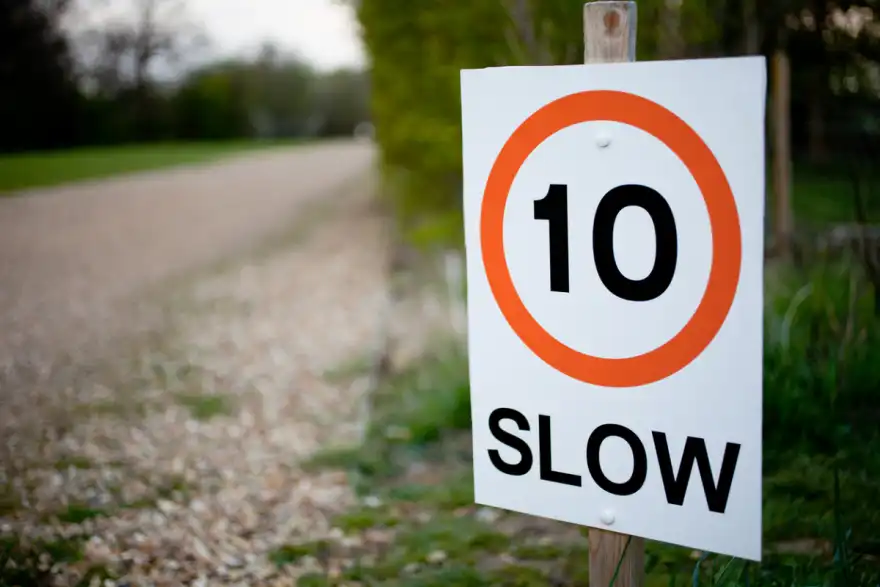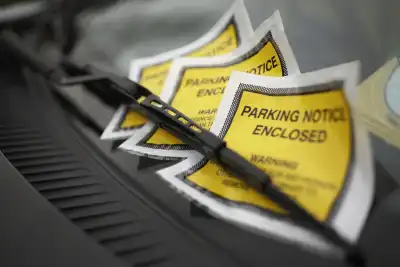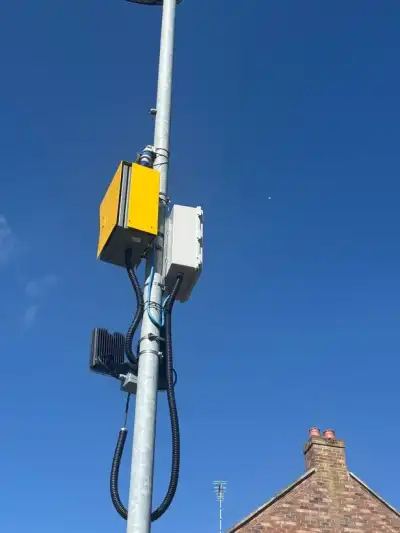
A major road safety charity wants to cut city speed limits to just 10mph – yes, you read that right – to help reduce deaths and serious injuries on UK roads.
The Road Safety Foundation (RSF) says this ultra-low speed should be enforced around schools, hospitals, and busy places like stadiums, nightlife hotspots, and cultural venues. Why? These are areas packed with people walking, cycling, or on motorbikes – and they’re most at risk if something goes wrong.
The charity is also calling for 20mph limits on single carriageways and rural roads – which is about a third of current limits in those areas.
They argue the science is simple: human bodies aren’t built to survive crashes at high speeds. The idea is to work towards “Vision Zero” – a world where no one is killed or seriously hurt in road accidents. According to Dr Suzy Charman from RSF, "We have a clear idea of the speeds [that] would be required to prevent most road deaths and serious injuries on Britain’s roads,"
"We are not saying that all speeds or speed limits should be set to these speeds, rather that infrastructure needs to be improved or speeds reduced to ensure travelled speeds are better aligned with human tolerances to crash forces."
But critics say it’s over the top. One campaigner called the proposals “so ridiculous it’s simply laughable”, while another joked that if we really want to reduce injuries, we should ban people from walking or cycling altogether.
The RSF does admit that 10mph is roughly the speed of a fast jog, so travel times in affected areas would go way up. But they say it's worth it if it means fewer people end up in hospital – or worse.
Not all roads would be affected. Places without pedestrians or cyclists, like some motorways and dual carriageways, could stick with 30mph or higher – especially where people are protected by barriers or where there's no risk of cars suddenly crossing paths.
Wales has already made 20mph the default speed limit, but it hasn’t gone down well – nearly two-thirds of people polled disagreed with the change.
As for whether these lower speeds actually work? The research is mixed. Some studies say emissions go up at 20mph, while others, like one from Imperial College, found no negative impact on exhaust pollution at those speeds.




